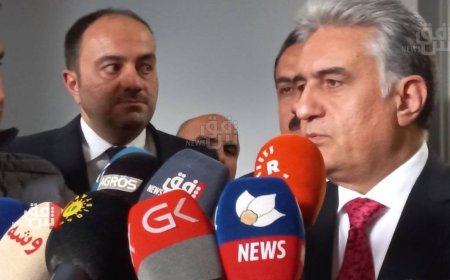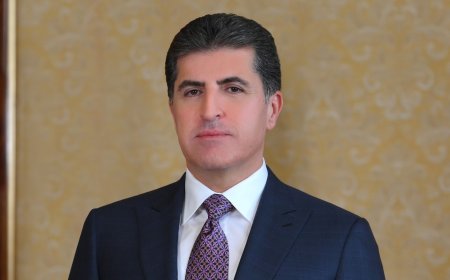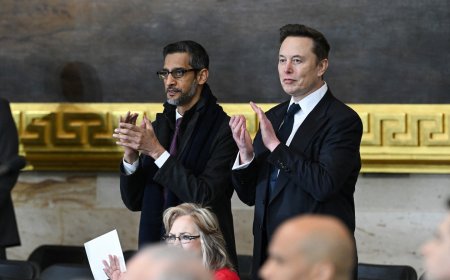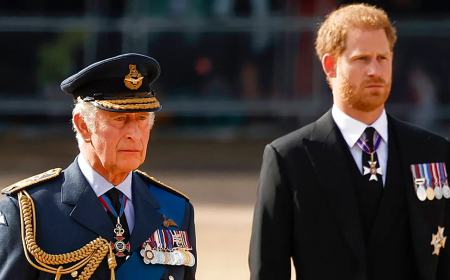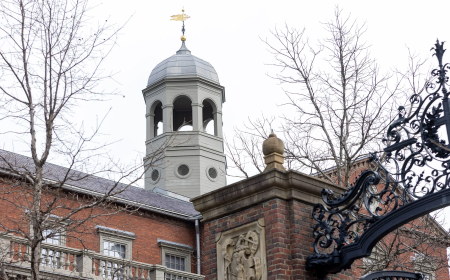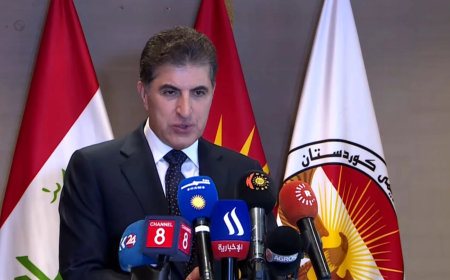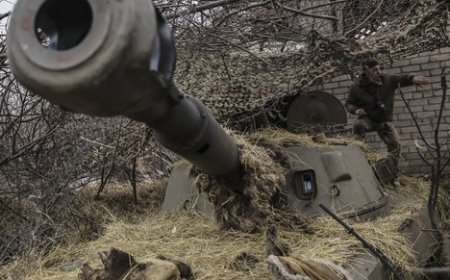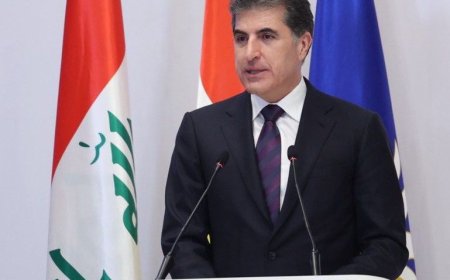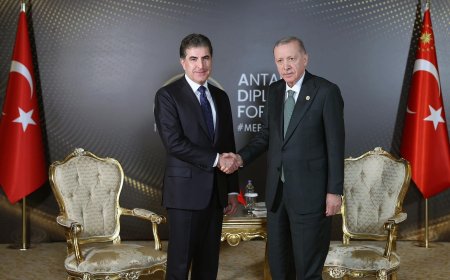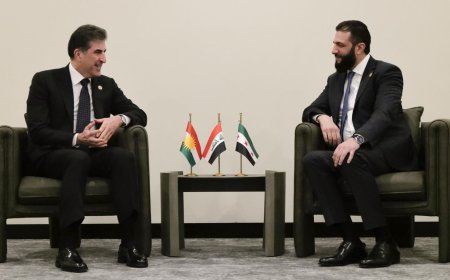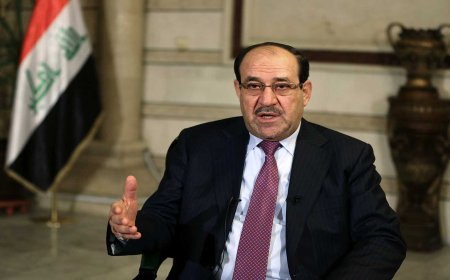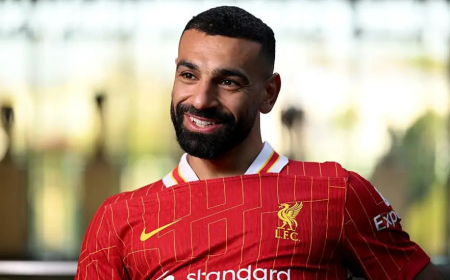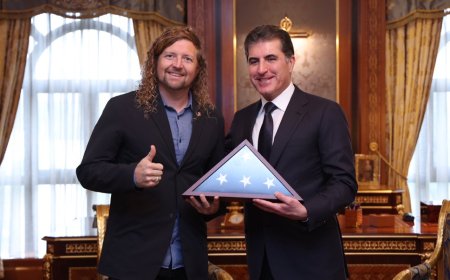Administration channels Neville Chamberlain with actions on Ukraine
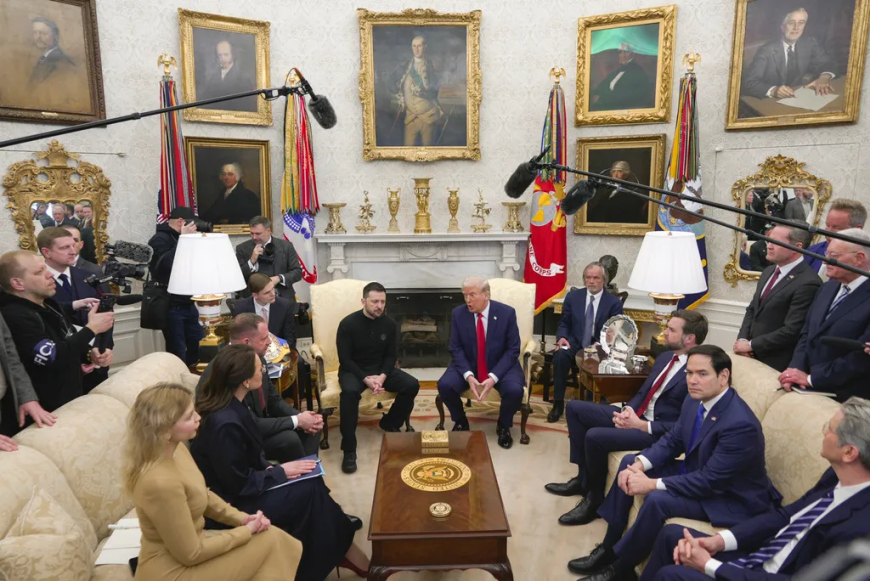
The blow-up in the Oval Office between Ukrainian President Volodymyr Zelensky, President Trump and Vice President Vance was the type of made-for-TV spectacle that the current White House seems to relish. But the flap, which may have been a set-up by the vice president, should not obscure the fact that this administration is looking for a peace deal in Ukraine that gives Russia what it wants.
Three years ago, I sat in the audience as Ukrainian President Volodymyr Zelensky delivered a historic speech in Munich urging Western leaders to help his country in the face of Vladimir Putin’s imminent invasion. Zelensky’s message was simple: “don’t be appeasers.” Do not repeat the mistake of British Prime Minister Neville Chamberlain,who traveled to Munich in 1938 to make an illusory peace with Hitler at the expense of a much less powerful country, Czechoslovakia.
As the daughter of a refugee from Nazi Germany, Zelensky’s words made my hair stand on end. In the weeks and months that followed, the United States and Europe heeded his call — providing Ukraine with the support and assistance it needed to fight back against Russia’s brutal and illegal aggression.
Earlier this month, on the eve of the war’s three-year anniversary, Zelensky returned to Munich and I again watched him deliver an appeal to the West. He was strong and determined, and he spoke about finding a way to end the war on Ukraine’s terms. But the essence of his message remained the same: Appeasing Putin now is the path to more, not less, bloodshed and turmoil.
Most Americans agree with Zelensky’s message. But the one whose opinion matters most does not. The U.S. administration has been pursuing a policy with stark echoes of Neville Chamberlain.
Like Chamberlain, it has signaled its willingness to yield to an aggressor’s demands and accept Russian control over Ukrainian territories they have seized by force. In direct negotiations with Russia, Ukraine has been sidelined, replicating Czechoslovakia’s absence from the Munich talks.
Chamberlain famously described the conflict between Nazi Germany and Czechoslovakia as “a quarrel in a far away country, between people of whom we know nothing.” The president has likewise been dismissive of Ukraine, calling Zelensky an unpopular dictator, suggesting that Ukraine is responsible for the conflict, and now goading him into a vitriolic exchange in front of television cameras.
Forcing Ukraine to accept Russia’s terms in the name of peace would be worse than appeasement. It would be capitulation. And it would irrevocably harm America’s global interests by providing a green light to aggressors everywhere, including China, to seize territory by force.
The good news is that there is still time to avert the worst possible outcome. America’s closest allies, including France and the U.K., visited Washington this week to urge a different course and should reinforce that message in the wake of Friday’s debacle. Republican criticism of the president has been muted, but it is now urgent that senior leaders in Congress who still believe in President Reagan’s foreign policy of peace through strength speak up and act to blunt a precipitous cut-off of support.
The door remains open for the United States to support Ukraine in ending the war on its terms, with its independence intact and its future as a friend to America in Europe assured. The United States should be welcoming, and pursuing, such an outcome. After all, our support for Ukraine has weakened Russia militarily. The weapons we have sent are being produced in American factories. And the Ukrainian armed forces are developing capabilities that can help Europe shoulder the burden for its own security, a stated aim of this administration.
One of the outspoken contemporary critics of the Munich Agreement was a conservative member of parliament named Winston Churchill. He delivered a scathing rebuke to Chamberlain: “You were given the choice between war and dishonor. You chose dishonor and you will have war.”
History teaches us that yielding to dictators such as Vladimir Putin can only buy time, which risks greater conflict. President Trump still has an opportunity to shape history by standing with Ukraine, as past American leaders have done when confronted with authoritarian aggression. Learning from history, he can strengthen America’s global leadership by ensuring Ukraine prevails. How will history judge him? As a peacemaker — or as an appeaser?
Jane Harman is a former nine-term congresswoman from California and former ranking member of the House Intelligence Committee, who most recently served as chair of the Commission on the National Defense Strategy. She is the author of “Insanity Defense: Why Our Failure to Confront Hard National Security Problems Makes Us Less Safe.”

